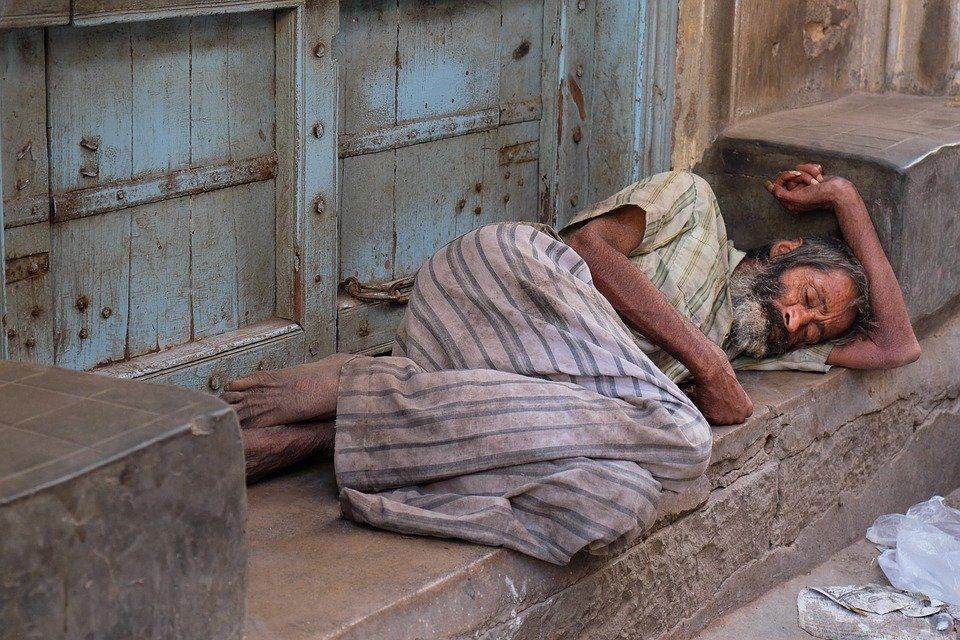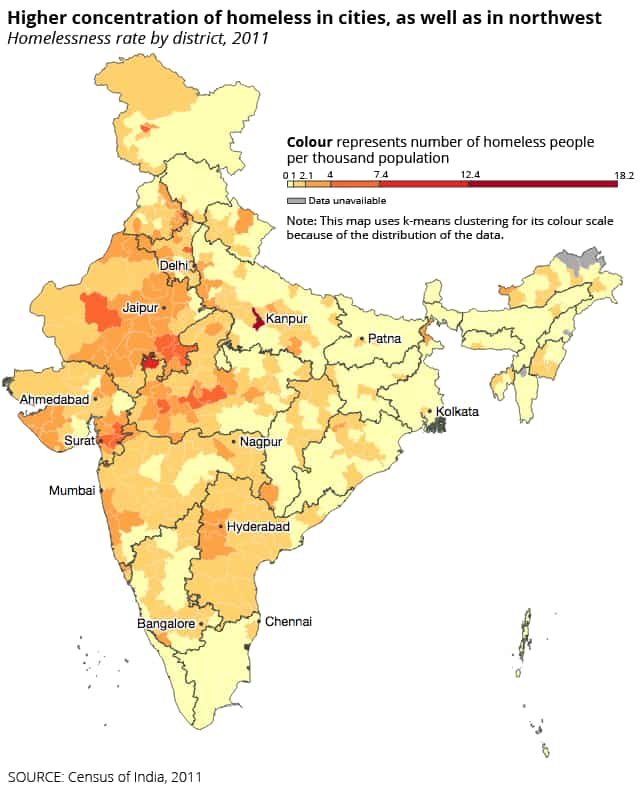Homelessness is a complex social issue that affects individuals, families, and communities all around the world. Despite being one of the wealthiest nations on earth, the United States has one of the highest rates of homelessness among developed countries.
According to the National Alliance to End Homelessness, there were an estimated 567,715 homeless people on any given night in the United States in January 2019. In this article, we will explore the causes, effects, and potential solutions to the issue of homelessness.
Causes of Homelessness
Homelessness is the result of a complex interplay of factors such as poverty, lack of affordable housing, unemployment, mental health, addiction, and domestic violence. Let us explore some of the primary causes of homelessness in more detail.
Poverty: One of the primary causes of homelessness is poverty. People who live in poverty are often unable to afford basic necessities such as food, housing, and healthcare. Poverty can also lead to job loss, which can then cause an individual to lose their home.
Lack of affordable housing: The cost of housing has skyrocketed in many parts of the country, making it difficult for low-income individuals and families to find affordable housing. According to the National Low Income Housing Coalition, there is no state in the United States where a person working a full-time minimum wage job can afford a two-bedroom apartment at fair market rent.
Unemployment: Unemployment is another significant contributor to homelessness. When people lose their jobs, they may be unable to pay their rent or mortgage, leading to eviction or foreclosure.
Mental health: Mental health issues such as depression, anxiety, and post-traumatic stress disorder (PTSD) can also contribute to homelessness. Individuals with mental health issues may struggle to maintain stable employment and housing.
Addiction: Substance abuse and addiction can also lead to homelessness. People struggling with addiction may lose their jobs, relationships, and homes as a result of their addiction.
Effects of Homelessness
Homelessness has significant effects on individuals and communities. Let us explore some of the effects of homelessness.
Health problems: Homeless individuals are at a higher risk of developing health problems such as malnutrition, tuberculosis, HIV/AIDS, and mental health disorders.
Social isolation: Homelessness can lead to social isolation and a lack of community. Homeless individuals may feel disconnected from their families, friends, and communities.
Increased risk of violence: Homeless individuals are at an increased risk of experiencing violence, including physical assault, sexual assault, and theft.
Economic impact: Homelessness has an economic impact on communities. Homeless individuals often require emergency medical care, shelter, and other services, which can strain community resources.
Solutions to Homelessness
There is no single solution to homelessness. However, several approaches can help reduce and prevent homelessness. Here are some potential solutions.
Affordable housing: Increasing the availability of affordable housing is a crucial step in addressing homelessness. Local and state governments can work with developers and nonprofit organizations to increase the supply of affordable housing.
Supportive services: Homeless individuals often require supportive services such as mental health treatment, addiction treatment, and job training. Providing these services can help homeless individuals get back on their feet.
Outreach: Outreach programs can help connect homeless individuals with resources and services. Outreach workers can help homeless individuals access healthcare, housing, and other services.
Prevention: Preventing homelessness before it happens is also important. Programs that provide rental assistance, job training, and other support to low-income individuals can help prevent homelessness.
Examples of Successful Programs
Several successful programs have been implemented to address homelessness. Here are some examples.
Housing First: The Housing First approach prioritizes providing stable, permanent housing for homeless individuals without requiring them to address issues such as addiction or mental health first. This approach recognizes that stable housing is a crucial first step in helping individuals address other issues.
Rapid re-housing: Rapid re-housing programs provide short-term rental assistance and case management services to help individuals quickly transition out of homelessness and into permanent housing.
Supportive housing: Supportive housing combines affordable housing with supportive services such as mental health treatment, addiction treatment, and job training. This approach helps individuals address the root causes of their homelessness while providing stable housing.
Conclusion
Homelessness is a complex social issue that requires a multifaceted approach to address. Poverty, lack of affordable housing, unemployment, mental health, and addiction are some of the primary causes of homelessness. Homelessness has significant effects on individuals and communities, including health problems, social isolation, and an economic impact.
However, several approaches can help reduce and prevent homelessness, including increasing the availability of affordable housing, providing supportive services, outreach programs, and prevention programs. Successful programs such as Housing First, rapid re-housing, and supportive housing have been implemented to address homelessness. By understanding the causes and effects of homelessness and implementing effective solutions, we can work towards ending homelessness and creating a more just and equitable society.



Comments
Post a Comment